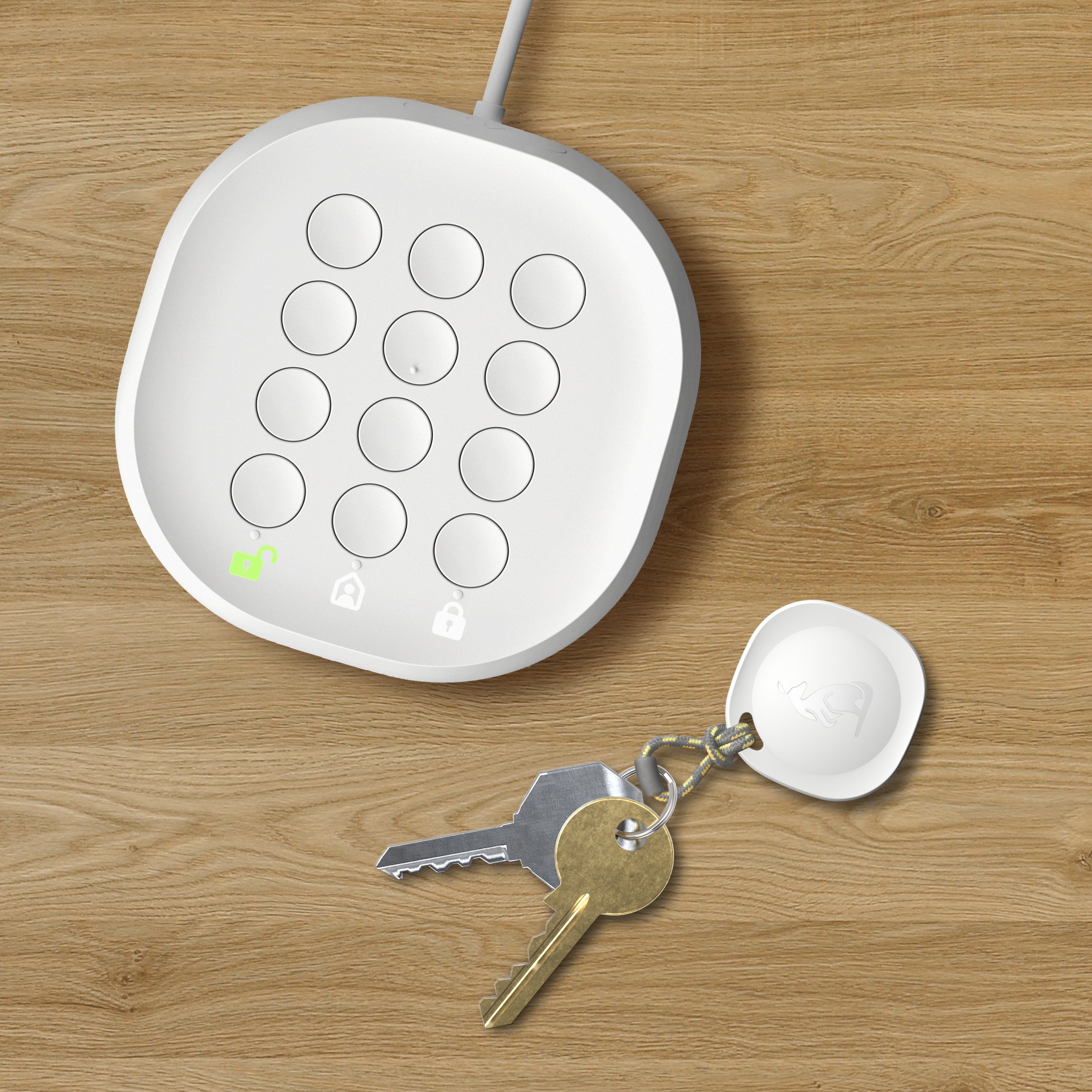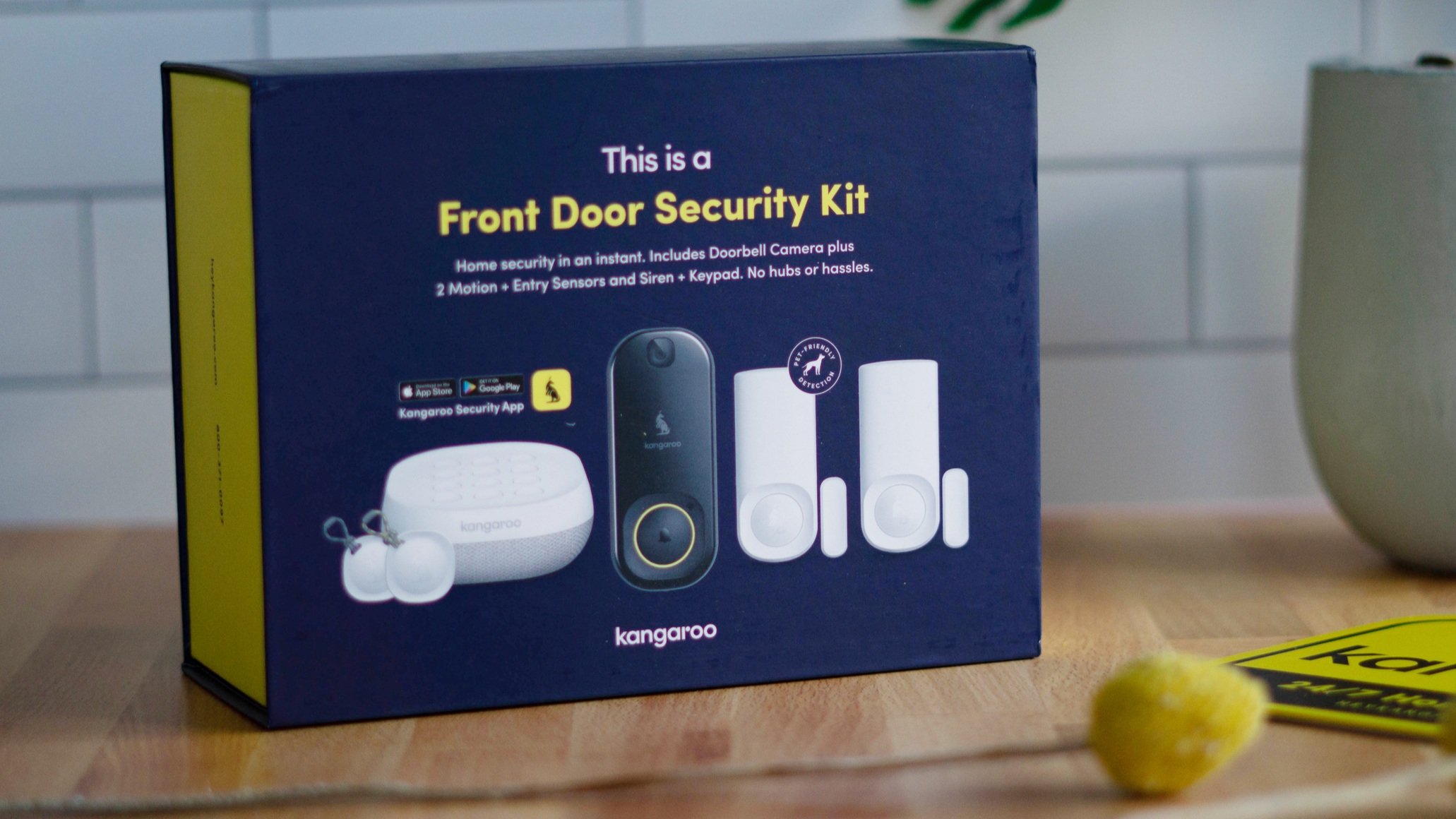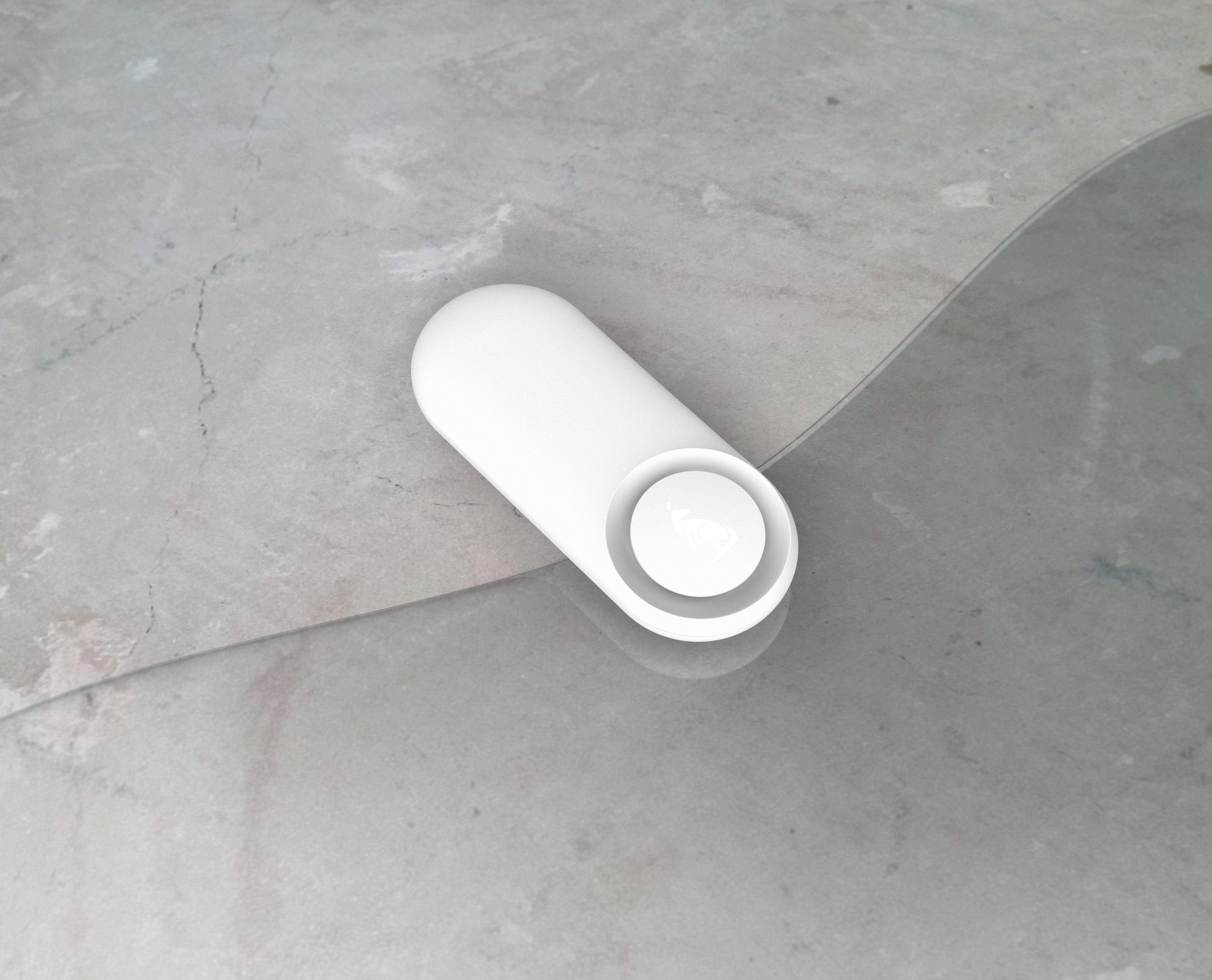10 Essential Home Safety Tips for Aging Parents
As our loved ones age, creating a home safe environment becomes paramount for their well-being. Whether you're a family caregiver or working with a geriatric care manager, implementing fall prevention strategies and conducting a room-by-room safety checklist is crucial for elders to age in place comfortably.
Here are 10 essential home safety tips, focusing on common trip hazards and fall risks, highlighting how Kangaroo Home Security can help seniors live alone securely:
10 Essential Tips to Consider:
1. Fall Detection:
Remove tripping hazards like loose rugs and clutter.
Install grab bars in the bathroom and near stairs.
Ensure adequate lighting throughout the home.
2. Fire Safety:
Test smoke and carbon monoxide detectors regularly (and consider the Kangaroo Siren + Keypad for loud alerts).
Keep fire extinguishers readily accessible.
Have an escape plan in case of fire.
3. Home Security:
Install a reliable home security system like Kangaroo with Complete Protect Plan to deter intruders and monitor the home remotely.
Use strong locks on doors and windows.
Consider a video doorbell to see who's at the door before opening.
Kangaroo's 24/7 Professional Monitoring adds an extra layer of protection.
Why Kangaroo Home Security?
Kangaroo Kit with Complete Protect Plan is an ideal choice for aging parents:
Easy to Install and Use: No complicated wiring or tools required.
Affordable: Offers comprehensive security at a reasonable price.
Flexible: Add or remove devices as needed.
Remote Monitoring: Check in on your loved ones from anywhere using the Kangaroo app.
Professional Monitoring: 24/7 support for added peace of mind.
Remember: Talk to your parents about their concerns and preferences. Involving them in the decision-making process ensures they'll feel comfortable and secure in their home.
4. Kitchen Safety:
Keep frequently used items within easy reach.
Remove area rugs that could cause tripping.
Avoid using step stools; opt for a reacher-grabber tool instead.
Turn pot handles inward to prevent accidental spills.
5. Bathroom Safety:
Non-skid bath mats are essential in the shower and tub.
Install grab bars near the toilet and in the shower for support.
Consider a raised toilet seat or a shower chair for added stability.
The Kangaroo Water Leak Sensor can alert you to spills, which can become fall hazards.
6. Medication Management:
Organize medications in pillboxes to avoid confusion.
Have a doctor or geriatric care manager review medications regularly.
Keep a list of medications and allergies readily available for emergency responders.
7. Emergency Preparedness:
Ensure medical alert devices are worn or easily accessible.
Post emergency contact numbers in large print near phones.
8. Lighting:
Well-lit walkways and hallways are crucial for fall prevention.
Install nightlights in bedrooms and bathrooms.
9. Accessible Design:
Widen doorways for walkers or wheelchairs, if necessary.
Consider installing handrails on both sides of staircases
10. Social Engagement:
Encourage social interaction with friends and family.
Consider a pet for companionship.
Kangaroo's two-way talk feature in the cameras can allow for virtual check-ins and conversation.
Related Content:
The Rise of Private Security: Home Security Systems for Seniors
Making Your House Safer: Practical Safety at Home Tips
Living Alone? Here’s How to Protect Your Home from Theft and Damage
Maintaining a Safe Home for Seniors
Regular Home Safety Checks
Regular home safety evaluations are vital to maintain a safe living environment for seniors. These checks should focus on:
Floors: Check for loose rugs, uneven surfaces, or slippery spots.
Stairs: Ensure handrails are secure and steps are well-lit.
Bathrooms: Inspect grab bars, shower chairs, and non-slip mats.
Kitchen: Look for tripping hazards, ensure proper stove ventilation, and check appliance cords.
Lighting: Verify that all areas are well-lit, including hallways and walkways.
Importance of Ongoing Home Modifications
As our loved ones age, their needs change. Continuous home improvements, such as installing ramps, widening doorways, or adding grab bars, can make a significant difference in maintaining their independence and safety.
Getting Professional Help
If you're unsure how to make your loved one's home safer, consider consulting a professional home safety evaluator. These specialists can assess the home and recommend specific modifications to reduce fall risks and improve accessibility. You can find certified aging-in-place specialists through organizations like the National Association of Home Builders or the Eldercare Locator.
By taking these steps, we can create safer living environments for our aging loved ones, allowing them to age in place with dignity and confidence.











